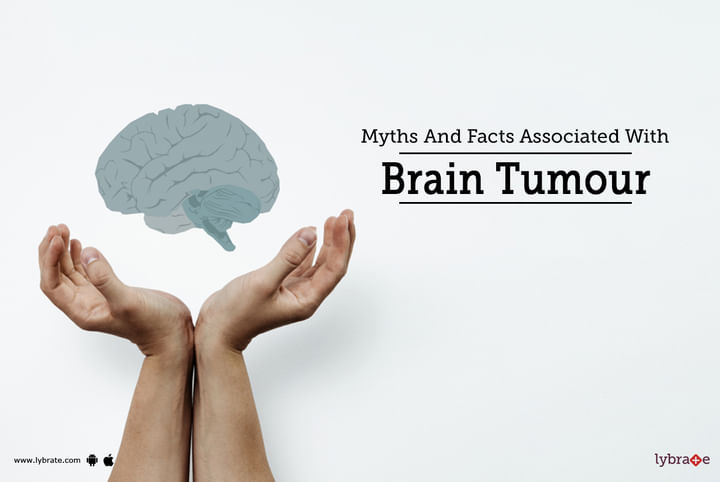Myths And Facts Associated With Brain Tumour
A brain tumor is a common scenario these days. With around 40,000 to 50,000 cases per year, India has seen exponential growth in the numbers. However, understanding that brain tumors can be prevented or treated in various ways is important. Early detection of the tumor makes treatment and surgery easier and more effective. Signs usually include headaches, nausea, vomiting, facial paralysis, and sleep disturbance.
There are numerous myths and misconceptions among the general public about Brain tumors. This leads to delays in seeking treatment. Some popular myths and facts about Brain tumors are-
Myth: Everyone has the same type of Brain Tumor
Fact: Over 120 types of brain tumors are detected to date. They are differentiated based on the size, cell of origin, location, and grade of tumors.
Myth: Everyone with a Brain tumor has similar symptoms
Fact: Not all persons show the same symptoms. They can have diverse signs depending on the condition. Some may even have seizures.
Myth: All tumors are cancerous in nature.
Fact: While not all tumors are cancerous in nature, brain tumors can be cancerous or benign depending on the condition.
Myth: Only old people are susceptible to brain tumors
Fact: Brain tumors can happen to people of any age. Moreover, some tumors are relatively more common in young adults. Brain tumors like medulloblastoma can also appear in children. Most lethal brain tumors like ‘Glioblastoma Mutiformae’ can develop in adolescents and old people.
Myth: Lifestyle modification can keep brain tumors away.
Fact: Lifestyle changes have no role in preventing brain tumors. However, a workout, a nutrient-rich diet with high fiber content, and no smoking, no tobacco or alcohol consumption are good for overall health.
Myth: Brain tumors are genetic.
Fact: It is not true that if no one in the family had a tumor, even you can’t. Genetic mutations are too few to cause cancer. 90- 95% of cancer is by mutations that develop during an individual’s life.
Myth: Life gets back to normal as soon as the treatment is done in a patient.
Fact: Benign tumors rarely recur. However, the cancerous tumors may recur posing a challenge to the doctor and the patient.



+1.svg)
